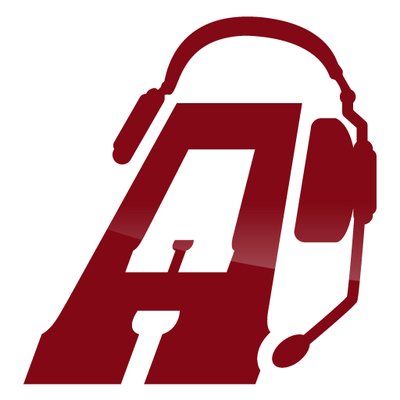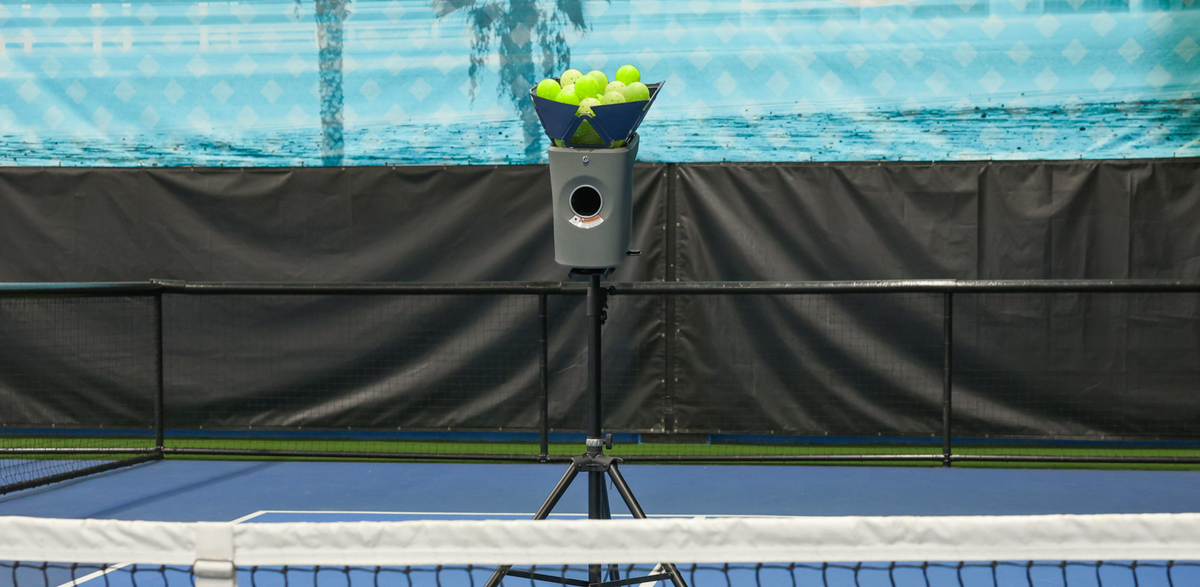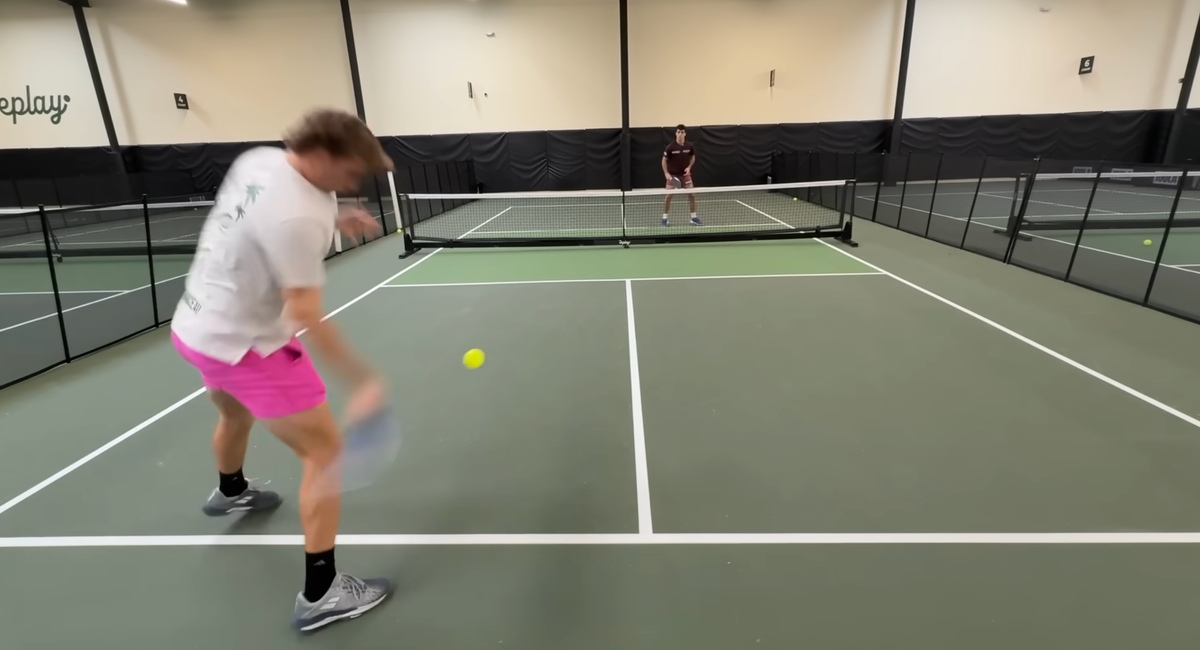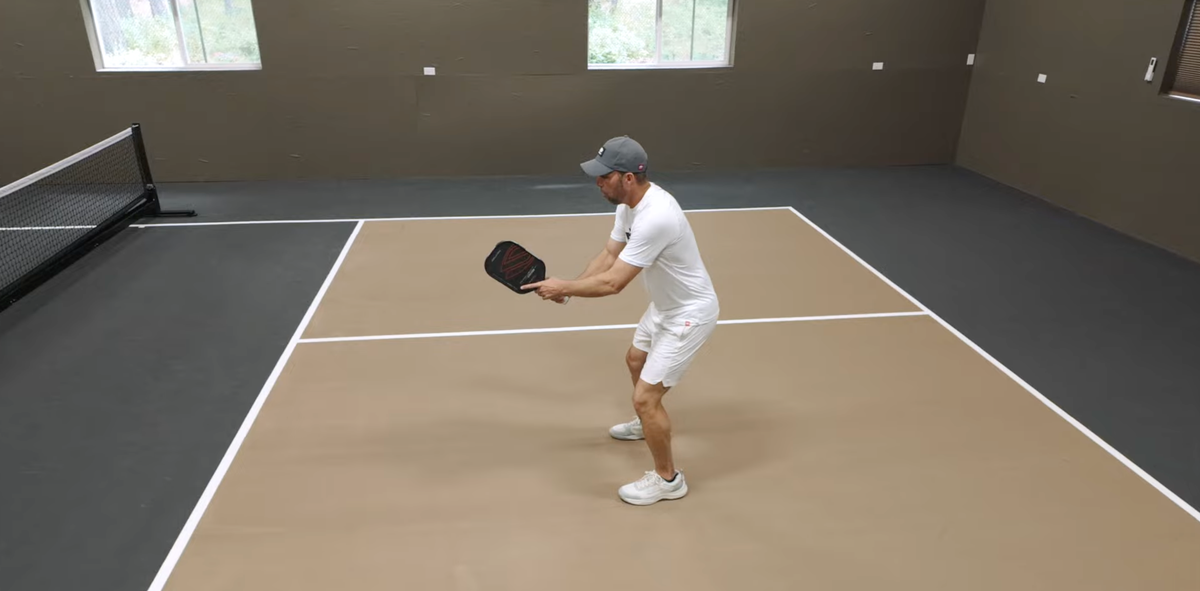Pickleball has taken the U.S. by storm, exploding recreationally from a few million players before the pandemic to an estimated 36.5 million today, and become part of the cultural fabric. As a TV sport, the jury is still out, but one aspect of the game would make for gripping drama: the battle for the soul and money roiling the professional sport.
A Barbarians at the Gates paradigm has taken hold, with billionaires, threats of bankruptcies and lawsuits, forced retirements, soaring pay, and the demands for compensation slashing; all in a pro game whose paltry revenues would make Single A baseball laugh. The backbiting and lack of trust permeating throughout this saga is certainly worthy of its own show. It’s a show about a landrush of celebrities and the uber-wealthy into a game that on a good day draws 2,000 spectators, doesn’t always charge for tickets, and is largely a traveling carnival without fixed venues.
“A top-10 player in 2021 was getting paid on average, 100 grand, 75-100 grand for a top 10 player,” said Ritchie Tuazon, the owner of Major League Pickleball’s California BLQK Bears, talking about the soaring player pay in his league. “That number now is probably ten times that for a top 10 player.”
This despite MLP, which has about 100 players spread across 24 teams, having revenues of about $5 million, a source said. The current rival Pickleball Professional Association by contrast is doing somewhat better with $10 million of revenue, this source said, but on player payroll of $15 million. (A PPA spokesperson later said, “The PPA Tour is actually doing about $39 million in revenue this year.”)
The two leagues are engaged in on-again merger talks that involve sweeping pay cuts and implied threats that if the players and owners don’t agree, the leagues could get tossed into bankruptcy. The PPA is owned by Tom Dundon, the Carolina Hurricanes owner who threw the Alliance of American Football into Chapter 11 in 2020 and is currently being sued by the trustee in that case over charges he tanked the league for the tax benefits.
“My belief is that at this point team owners would not let MLP go bankrupt,” said one MLP team owner. “Now Tom Dundon on the other hand, who has a history of letting things go bankrupt? I think very much he has that tool in his toolkit if it made sense for him financially, so right now MLP and PPA are negotiating a merger. If that were to be the case, obviously, there would be no bankruptcy.”
 Florida Smash players Jessie Irvime & Jora Johnson, at right, play against St. Louis Shock players Simone Jardim & Allyce Jones, Friday March 24, 2023 during the Major League Pickleball Tournament at Pictona in Holly Hill.
Florida Smash players Jessie Irvime & Jora Johnson, at right, play against St. Louis Shock players Simone Jardim & Allyce Jones, Friday March 24, 2023 during the Major League Pickleball Tournament at Pictona in Holly Hill.In November 2022 the PPA and MLP first agreed to merge, an obvious move in a fledgling pro sport that didn’t need multiple leagues. The MLP was founded by Steve Kuhn, a billionaire who made his money in subprime mortgages. In August, the merger talks were just bumping along, and Kuhn received permission from his board to up the ante and surge payroll to $12 million. And he secured a $50 million funding commitment from SC Holdings and team owner Al Tylis.
But Kuhn got ahead of his skis, or be that as it may his pickleball paddle, and began handing out million-dollar contracts like they were sliced bread, driving the total payroll to $22 million before the funding is committed. That sparked a payroll surge at PPA as the two leagues competed for players. Two months later Kuhn was forced out and SC principal Jason Stein and Tylis assumed board seats and relaunched the PPA talks.
Dundon, several sources said, threatened to sue Kuhn for sparking the salary spike, which allegedly violated the terms of their November agreement. One of the sources says it’s not true that as a condition of Dundon not suing Kuhn had to step away, but he has agreed not to vote his majority shares either way on the proposed merger, leaving it to the team owners.
Meanwhile, what to do about the runaway player contracts?
“MLP is staring at a $22 million salary commitment, roughly and PPA’s staring at a $15 million, and everyone’s looking at those expenses versus the revenues and saying, ‘Oh man, this is, what did we just do?’” said one team owner. “Like, everyone was trying to sign the top players and it all kind of escalated a little bit quickly. And when the dust settled, it was like, `Okay, what to do?’”
So PPA and MLP requested across-the-board pay cuts for players with multi-year contracts, with the implied threat that if the players don’t comply, the leagues could be tossed into bankruptcy.
“If the merger is not completed by Jan 31, 2024, these new (player) agreements will be null and void, and deals will revert to the contracts you signed with MLP or PPA, which will leave the future viability and sustainability of MLP uncertain,” an email from MLP execs to players recently warned.
That email came in part to respond to the formation of the Players Collective, a new players association that is trying to organize pickleball competitors (as independent contractors they can’t legally form a union).
“We understand the economic reality of pay cuts, however, lies, threats, deceitfulness, false deadlines, and the refusal to honor written addendums and agreements have no place in the league that we know and love,” an email from the Collective to players read. “If we are going to collaborate on contract modifications, we deserve honest answers to honest questions, and we have not received them. Put simply, we believe that MLP has departed from the ethos that we know and love and is instead embodying the exact ethos that we fled from when we signed multi-year deals with Major League Pickleball in August.”
By fled from, the Collective means from PPA. Many of the MLP players lobbed negative charges at PPA’s top executive Connor Pardue, who has become somewhat of a pinata in the volleys from the MLP player side. Now Pardoe is among the group trying to re-negotiate the player contracts, and those MLP players who indeed fled PPA are angry to possibly be back in that fold.
“I’ve personally been lied to again and again by the PPA,” charged one player.
There is no doubt player pay got way ahead of the economics of pro pickleball, which has attracted a bevy of celebrity team investors ranging from Tom Brady to Drake. Kevin Durant and his business partner outright own an MLP team.
The next steps are players need to decide on the pay cuts and MLP team owners now have to decide whether they will merge with Dundon’s PPA. Tuazon, who declined to say how he will vote, agrees the leagues are losing money, but optimistically noted so did some pretty big names in business in their formative years.
“Everyone was just doing the math and saying, ‘Hey, we are the pro league for the next 30, 40 years, it’s worth the gamble of losing money in years one through three.’ If you kind of become the first mover you become the entrenched league, then, you’ll make up for that. It’s kind of like Amazon in its early days losing money, right?”
Anuncie Aqui / Advertise Here
Sua marca para o mundo Pickleball! / Your brand for the Pickleball world!

 English
English  Spanish
Spanish  Portuguese
Portuguese  German
German  Italian
Italian  Japanese
Japanese  French
French  Polish
Polish  Russian
Russian  Netherlands
Netherlands  Hungarian
Hungarian  Turkish
Turkish  Videos
Videos  Awfulannouncing
Awfulannouncing








 English (US) ·
English (US) ·  Portuguese (BR) ·
Portuguese (BR) ·